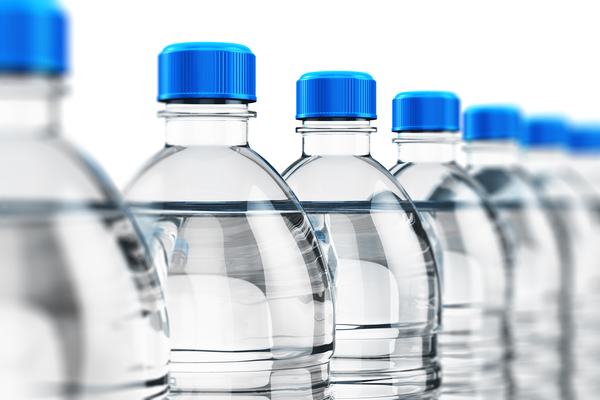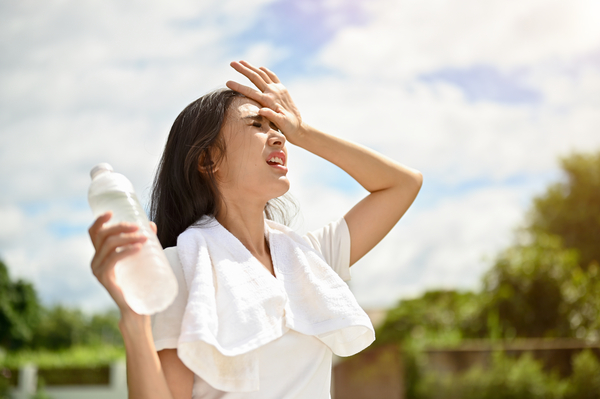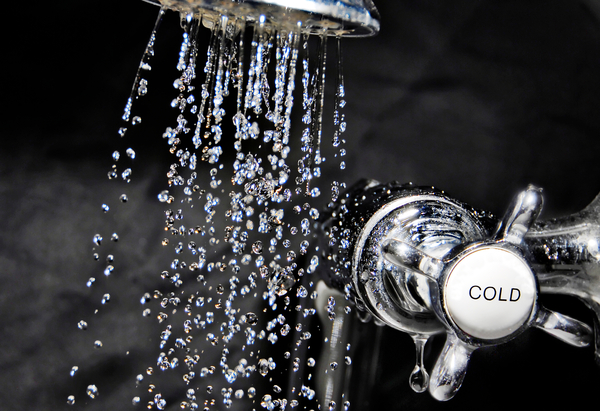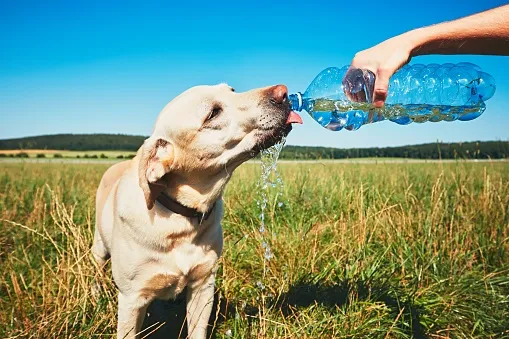According to Ready.gov, extreme heat is “a period of hight heat and humidity with temperatures above 90 degrees for at least two to three days.” And based on that description, the CSRA has definitely been experiencing extreme heat recently. Here in Georgia and South Carolina, we know that it’s still pretty early in the summer, which means this heat wave will more than likely continue for a while.
Extreme Heat Is Dangerous
While we expect high temperatures during the summer here in the South, it doesn’t make us immune to the effects it can have on us. This is especially true when we’re experiencing extreme heat for multiple days at a time. When it comes to all weather-related hazards, Ready.gov says extreme heat is responsible for the highest number of annual deaths.
Weather is something we have no control over, and it’s nothing to play around with. It’s important to know what’s going on with our weather, and to be prepared. We often prepare for events like strong storms and tornadoes, but how prepared are we to deal with the heat wave?
Heat-Related Illnesses
First of all, we need to know the signs of heat-related illnesses. People exposed to high temperatures for extended periods of time may be at risk for heat cramps, which includes muscle pains or spasms in the stomach, arms, or legs.
There’s also heat exhaustion, which may result in heavy sweating, paleness, muscle cramps, tiredness, weakness, fast or weak pulse, dizziness, headache, fainting, nausea, and vomiting. With heat cramps and heat exhaustion, a person needs get to a cooler location and ensure they are hydrated, taking sips of water or electrolyte drinks. You should call your doctor if your symptoms don’t improve or get worse.
The most extreme heat-related illness is heat stroke. The signs of a heat stroke include an extremely high body temperature (above 103 degrees farenheight); red, hot, and dry skin with no sweatl; a rapid, strong pulse; and dizziness, confusion, or unconsciousness. If a heat stroke is suspected, you should call 9-1-1 or get the person to the hospital immediately. Try to cool the person down as much as possible while awaiting medical help, but don’t give them anything to drink.
It’s also important to know that older adults, children, and sick or overweight individuals are at a higher risk from extreme heat. And here in the South, we know humidity is prevalent, which only increases the feeling of heat.
Tips For Extreme Heat
There are many ways you can prepare for extreme heat. You can prepare your home by covering windows with drapes or shades, weather-stripping doors and windows, add window reflectors, and add insulation to keep the heat out. Limiting use of your oven and stove can also help keep you home cooler.
During extremely hot days, if possible, avoid staying outside for extended periods of time. Look for activities indoors when possible. Also note, the CSRA has many cooling centers in our area if you’re in need.
Below are some additional tips for dealing with extreme heat. Please share these with anyone you know who has to work during this type of weather to ensure they are adequately prepared.








